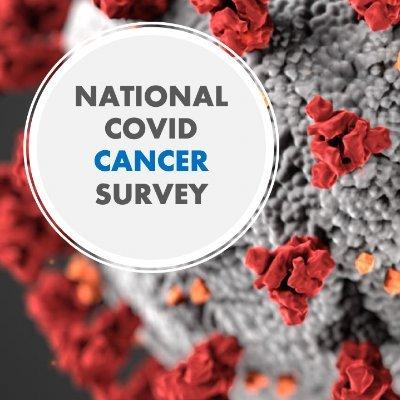The National COVID Cancer Antibody Survey
Published on: 13 January 2022There's still time to sign up to have your COVID antibody levels tested and help scientists work out what level of antibodies offers protection against COVID-19.

The National COVID Cancer Antibody Survey is measuring COVID antibody levels in people with cancer to find out more about how people with cancer respond to vaccination and what level of antibodies is enough to provide protection against COVID-19.
You can sign up to take part if you live in England and you’ve either been diagnosed with cancer in the past year, or you are being treated for cancer. This includes anyone with blood cancer on an active monitoring (watch and wait) treatment plan or on maintenance therapy.
If you are eligible, you can sign up online – it only takes a few minutes. After you sign up, you are taken through to the NHS Test and Trace website to order an antibody testing kit free of charge. People who take part get an antibody testing kit in the post. It includes everything you need to take a sample of 8 to 10 drops of blood using a fingerprick tool. You send your sample back to a lab to be tested.
The test looks for both ‘N’ antibodies (that you develop after having coronavirus infection) and ‘S’ antibodies (that you develop after either infection or vaccination). You get your results back from NHS Test and Trace via text or email – a simple ‘positive’ or ‘negative’ result. You don’t need to do anything else.
As well as measuring your antibody levels, the survey will use information from NHS databases to monitor the outcomes of people with different antibody levels (COVID infections, hospital admissions, severe illness and so on). This will help find out what level of antibodies is enough to provide protection against COVID-19. The aim is to help doctors understand more about antibody responses to COVID-19 infection and vaccination, so they can advise people with cancer on their individual level of risk and what precautions they might need to take.
First published: 20 September 2021
Updated: 13 January 2022
